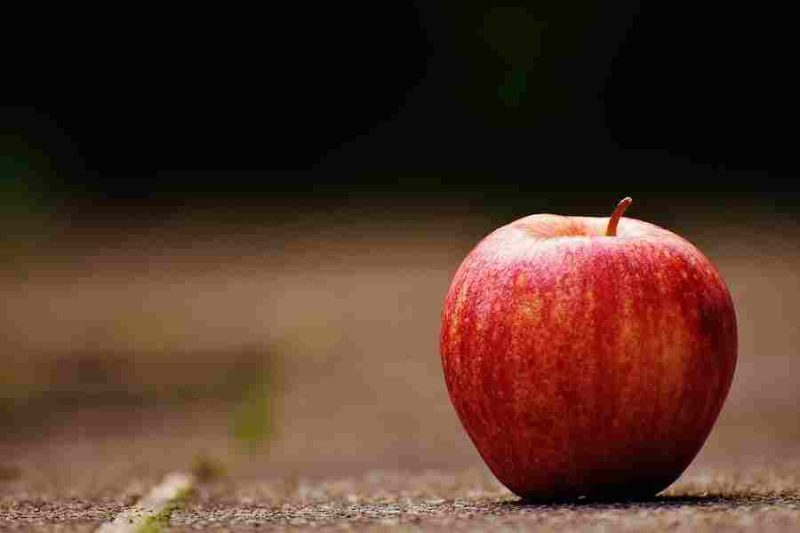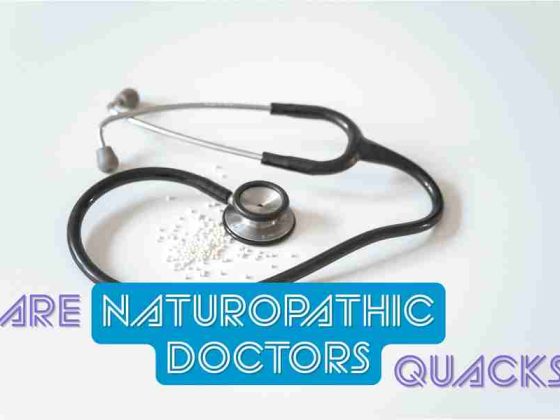Apple seeds contain a potentially dangerous substance known as amygdalin, a compound that, when consumed by humans, can produce cyanide. This has led to a long-standing debate about whether apple seeds are poisonous to humans. While it is true that apple seeds contain amygdalin, it’s important to understand the facts before jumping to any conclusions. In order to get to the bottom of this issue and answer the question, “Are apple seeds poisonous to humans?” this article will examine the potential risks, the science behind it, and the recommendations of health experts. It will also explore the nutritional benefits of eating apples, as well as any other associated risks. So, let’s take a closer look at the facts and find out if apple seeds are truly poisonous to humans.
Are Apple Seeds Poisonous To Humans?
Yes, apple seeds are poisonous to humans. This is because apple seeds contain a compound called amygdalin, which contains cyanide. When the seed is chewed, the amygdalin is broken down, and the cyanide is released. Although the amount of cyanide in a single seed is relatively small, it can still be dangerous if enough of the seeds are ingested.
How Much Is Amygdalin In Apple Seeds?
- Amygdalin is present in apple seeds, but it’s important to note that the amount of amygdalin in a single apple seed is extremely small. In fact, one apple seed contains only about 0.6 milligrams of amygdalin, which is not enough to cause any harm to a human.
- Another important point to consider is that when you eat an apple, you don’t typically consume the entire seed. The seeds are usually broken down during digestion and only small amounts of amygdalin are released into your system.
- Additionally, it’s important to recognize that the amount of amygdalin in apple seeds can vary depending on the variety and ripeness of the fruit. For example, unripe apples tend to contain higher levels of amygdalin than ripe apples.
- Finally, the human body is able to process and eliminate the small amounts of amygdalin present in apple seeds without any problems.
Potential Risks Of Eating Apple Seeds
- Cyanide Poisoning: The primary risk of eating apple seeds is that they contain amygdalin, which the body can break down into cyanide. Cyanide is a toxic substance that can cause serious health problems if consumed large enough quantities.
- Other Risks: In addition to the potential risk of cyanide poisoning, there are also some other risks associated with eating apple seeds. For example, they may contain small amounts of arsenic, which can be toxic in large doses. Additionally, apple seeds may contain a compound called phytic acid, which can interfere with the absorption of certain minerals like iron and zinc.
- Recommended Limits: To minimize any potential risks associated with eating apple seeds, it is recommended that adults consume no more than five to seven seeds per day. Children should eat even less.
- Cooking: Cooking apple seeds can reduce the amount of amygdalin present and make them safer to eat.
- Alternatives: If you are worried about the potential risks of eating apple seeds, there are alternatives that can provide similar nutritional benefits. For example, you can eat apples with the skin on, as it contains many beneficial vitamins and minerals.
- Medical Recommendations: If you are concerned about the potential risks of eating apple seeds, it is recommended that you speak to a doctor or nutritionist for further advice.
The Science Behind Apple Seeds And Cyanide
- Apple seeds contain amygdalin, a substance that produces cyanide when metabolized by the body.
- Cyanide is a deadly poison, so it’s understandable why many people are concerned about the potential risks of eating apple seeds.
- However, the amount of amygdalin in apple seeds is very small and is not enough to cause harm to humans unless consumed in large quantities.
- It would take approximately 2-3 pounds of apples for an adult to consume enough amygdalin to be dangerous, and even then, it would depend on the individual’s sensitivity to the compound and other factors.
- Additionally, most of the amygdalin in apple seeds is destroyed during digestion before it can be absorbed into the bloodstream.
- It’s also important to note that the amount of amygdalin in apple seeds can vary depending on the variety of apples and other environmental factors.
- Therefore, it’s best to avoid eating large amounts of apple seeds just to be safe.
What Do Health Experts Recommend?
- The American Academy of Pediatrics (AAP) recommends avoiding eating large quantities of apple seeds, as they can be toxic in high doses.
- The Centers for Disease Control and Prevention (CDC) states that it is not necessary to avoid eating small amounts of apple seeds but to be aware of the potential risks.
- The National Institutes of Health (NIH) suggests avoiding eating large amounts of apple seeds and seeking medical attention if you experience any symptoms after consuming them.
- The World Health Organization (WHO) does not recommend any special precautions when it comes to eating apple seeds.
- The AAP states that while there is no need to avoid apple seeds altogether, it is always best to speak with a health professional if you have any concerns.
- The CDC recommends washing your hands after eating apple seeds to reduce the risk of exposure to the toxin.
The Nutritional Benefits Of Eating Apples
- Apples are a good source of antioxidants, which can help to protect your body from damage caused by free radicals.
- Apples are also a good source of vitamin C, which helps to boost your immune system and support your body’s ability to fight off infection.
- Apples are a good source of fiber, which can help to keep your digestive system healthy and help you feel full after eating them.
- Finally, apples are a good source of potassium, which can help to maintain your blood pressure and regulate your heart rate.
- Together, these nutrients help to make apples a valuable source of nutrition for both adults and children.
- However, it is essential to note that the nutritional benefits of apples vary depending on the apple you are eating. For example, a pink lady apple is high in sugar and calories, while a Granny Smith apple is low in sugar and has fewer calories.
Other Associated Risks
- There are also other associated risks when it comes to eating apple seeds. For example, apple seeds can contain lectin, which is a compound that can cause inflammation in the digestive system. Additionally, apple seeds can also contain oxalates, which can form crystals in the kidneys and cause kidney stones. So, while the potential for toxicity from apple seeds is certainly there, there are also a number of other potential health risks that should be considered before making any decisions.
- Another potential issue with eating apple seeds is that they are high in sugar. So, if you’re looking to avoid added sugar, then you should avoid eating apple seeds as well.
- Finally, apple seeds can also contain phytates, which are plant-based compounds that can bind to minerals and prevent them from being absorbed by the body. So, while apple seeds do contain some potentially harmful compounds, there are also a number of other risks associated with consuming them. So, before making any decisions about eating apple seeds, it’s important to understand all of the facts.
Conclusion
The debate about whether apple seeds are poisonous to humans has been going on for decades. While it is true that apple seeds contain amygdalin, it is important to understand that the amount of cyanide produced from the breakdown of amygdalin is meager. The enzymes in the stomach will work to reduce the amount even further. For most people, eating apple seeds is safe and poses no health risks. However, there are a few groups of people who should avoid eating apple seeds, such as those with liver disease and gastrointestinal disorders, people who are pregnant or breastfeeding, and those who are allergic to apples. Apple seeds are also a great source of vitamins, fiber, and antioxidants, so there are plenty of reasons to add them to your diet. As long as you don’t eat them too often, apple seeds are a healthy and nutritious snack, whether eaten alone or as a topping on a baked apple.










